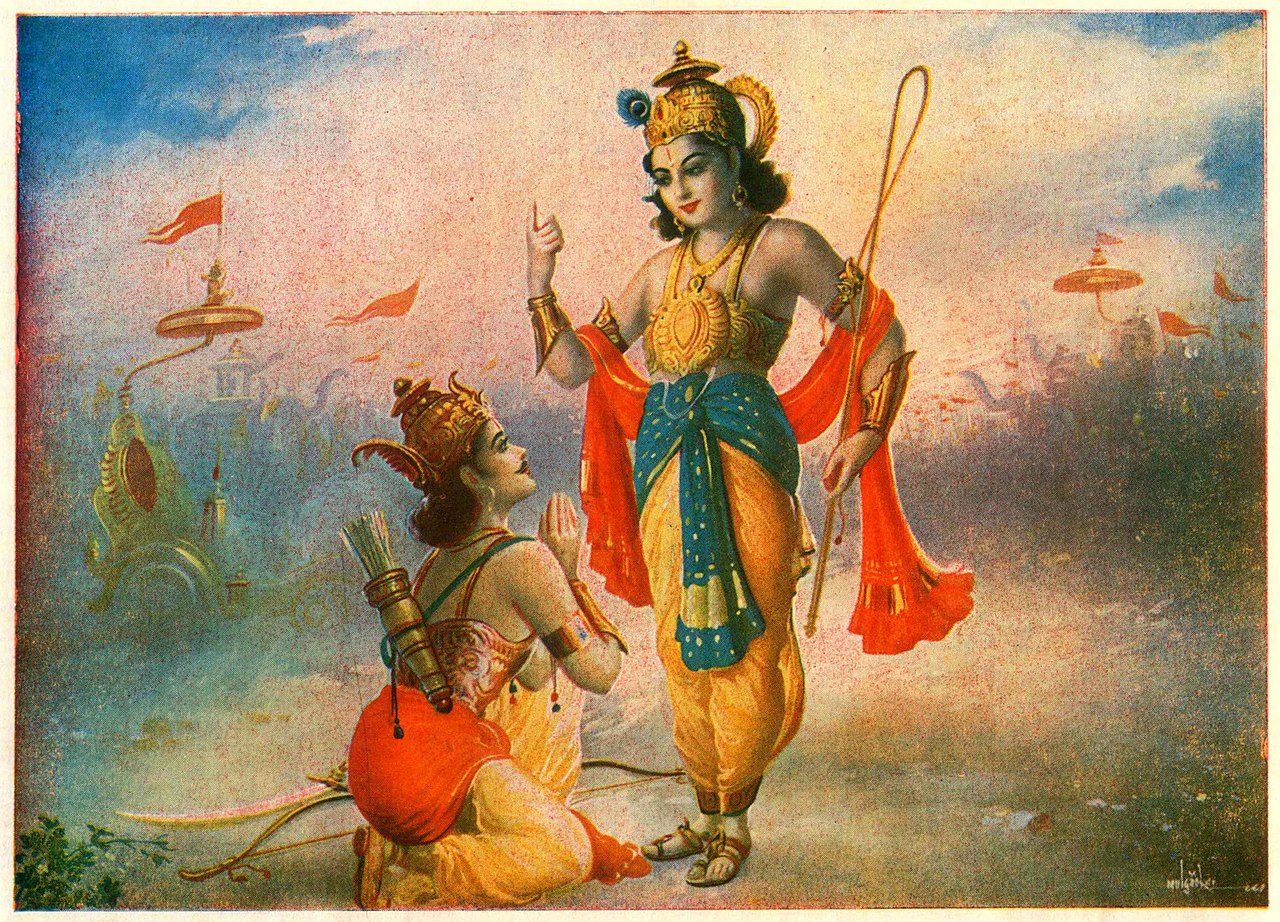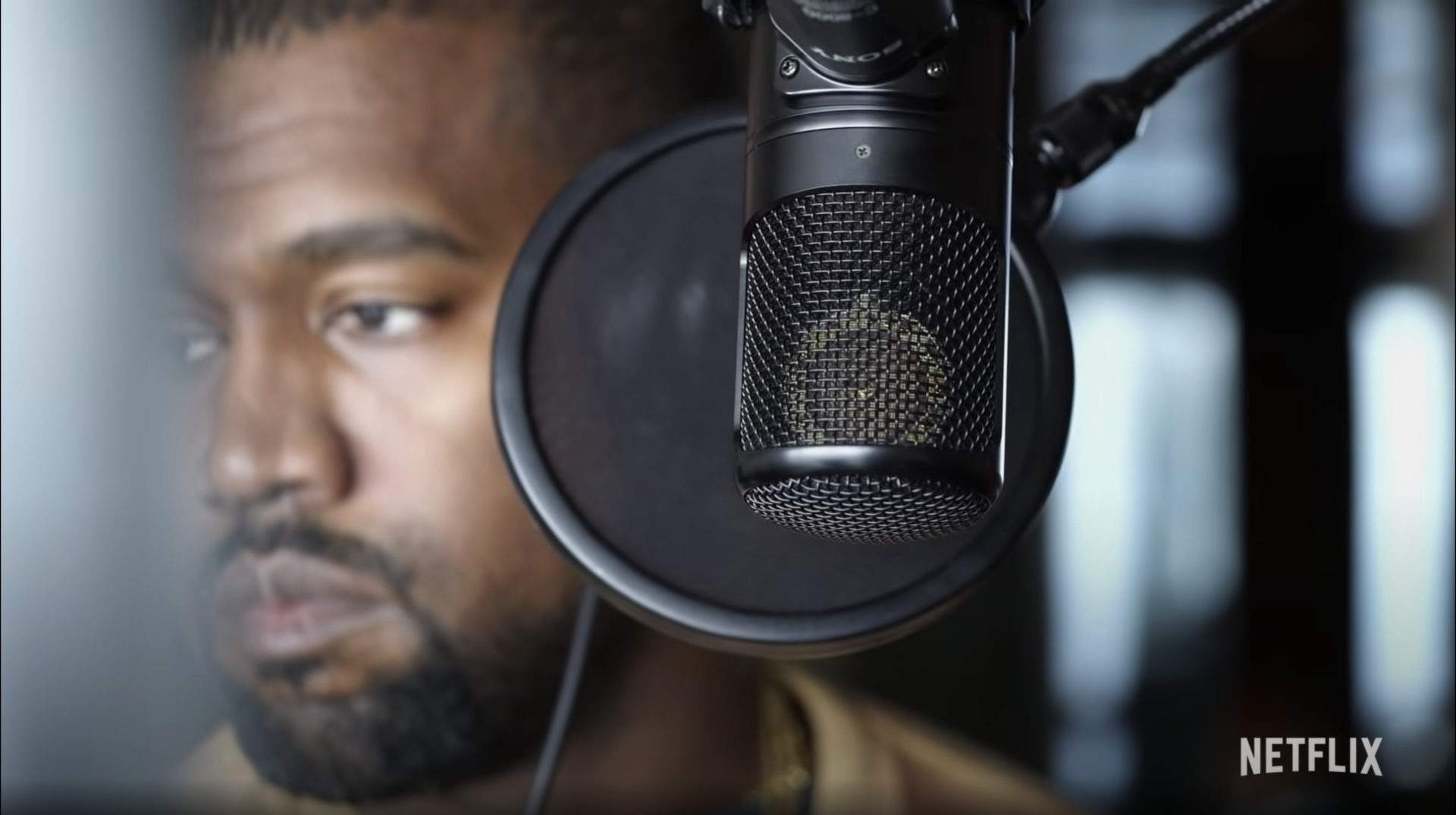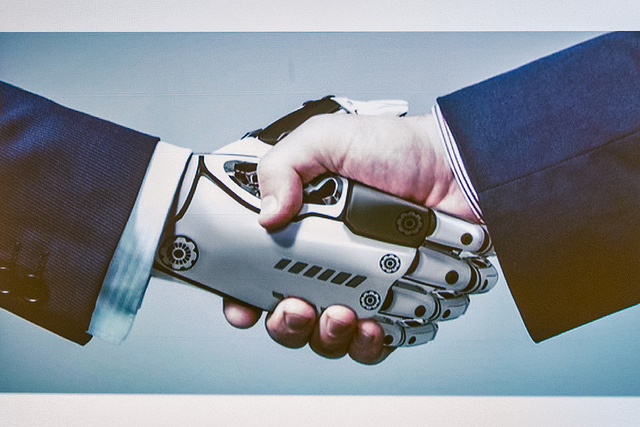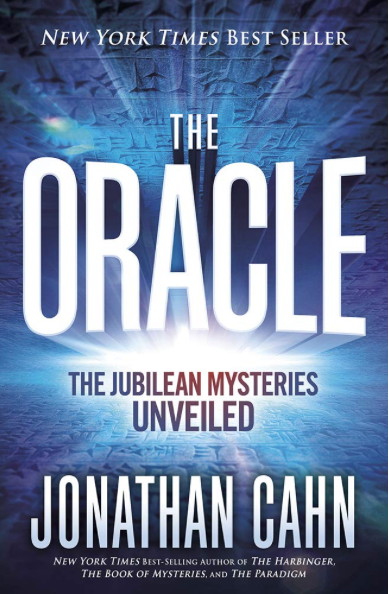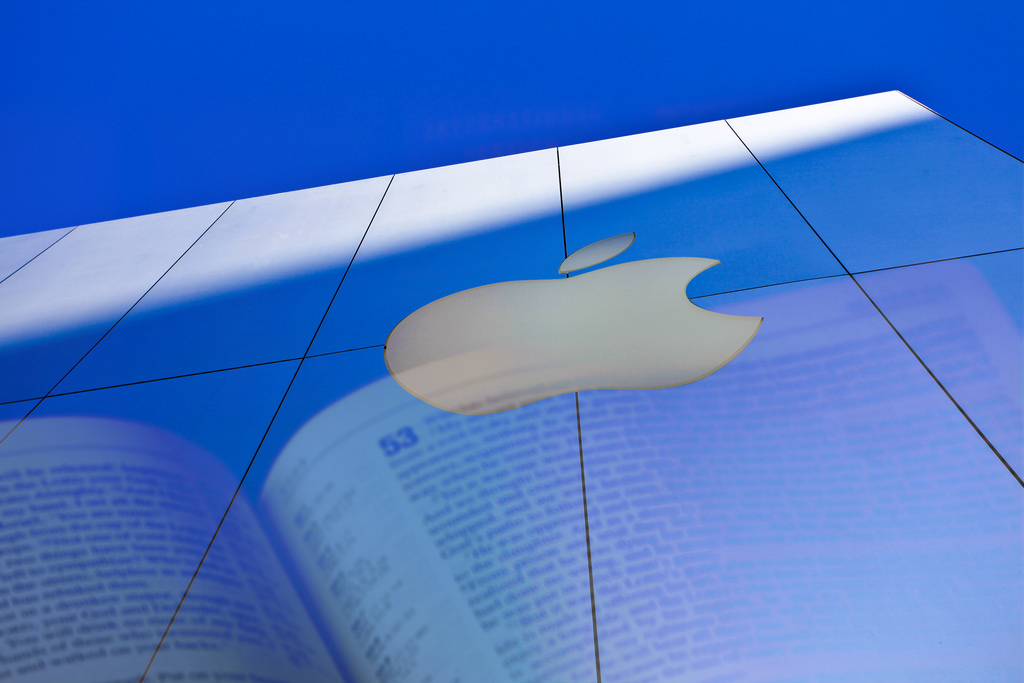
Has our passion for technology replaced religious devotion?
- By Alison Lesley --
- 04 Sep 2013 --
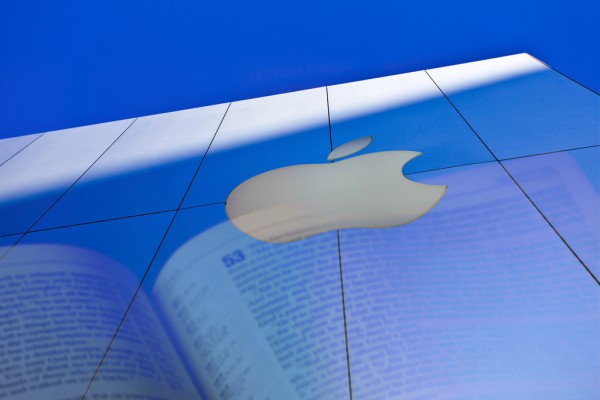
What is the relationship between religion and technology? For most people, the connection is not inherently obvious. But to those who have ever fallen in line in a tech store to be among the first to acquire the latest gadget, or who have eagerly tuned in online to catch Apple’s latest keynote address, the connection is unmistakable. Our passion for technology has been compared to the devotion to a religion, as apparent with Apple’s many devout “followers.” We can see this in the way Apple fans staunchly defend Apple products against its competitors, the overnight success of many Apple products, and the way Apple has changed how we live day-to-day. We now shop for groceries from shopping lists saved in our iPads, connect with our loved ones overseas with “FaceTime,” deposit checks with bank apps on our iPhones, and ask Siri how far it is to travel to our vacation destinations.
In a recent article on the LA Times, writer Chris O’ Brien writes, “The devotion of customers to Apple products has long been the envy of competitors for its fanatical fervor.” This fanaticism that is likened to religious worship is not “entirely by accident,” O’ Brien notes.
Apple’s brand marketing may have something to do with it. O’ Brien quotes author Brett Robinson, writer of “Appletopia,” a book about the religion-like quality of the Apple brand and its evolution into a technological “religion.” Robinson asserts, “The creative rhetoric around Apple’s technology has favored religious metaphors. Some of it is conscious on Apple’s part. Some of it is unconscious.” He also comments on the religious quality of the response of the Apple community to the brand: “Apple product launches and conferences remain sacred pilgrimages where Apple fans can congregate, camp and live together for days at a time to revel in the communal joy of witnessing the transcendent moment of a new product launch.” Robinson compares the product launch to a religious experience, perhaps as life changing as spiritual enlightenment.
Is technology the religion of the future? Have technophiles and digital enthusiasts replaced the religious zealot and the devoted missionary? Perhaps, in a first-world society where more and more people are shunning the idea of religious devotion, and pushing for the greater separation of church and state, technology is an easier abstraction to follow. Technology doesn’t lay down a set of rules for us to follow, it is created for us to manipulate to our own liking. It doesn’t require much personal sacrifice, it makes life more convenient. It might also be more exciting than age-old tenets and predictable rituals.
Robinson draws from the religion discussion around Apple and makes an unequivocal stance. “The Apple religion is not a religion at all, but a celebration of the self through personalized pleasure,” he writes on the CNN Religion Blog. Robinson does acknowledge the connection to religion and technology, however, asserting the symbiotic relationship between two seemingly unrelated phenomena. “Where the dominant modes of communication change, so do the frameworks of religious belief,” he states in a related article on Wired.com. Robinson further emphasizes that technology aids religion; it does not take away from it. He writes, “Jobs confronted the technology paradox by imagining technology as a tool for expanding human consciousness rather than as a means of escape from it.”
Love for technology and traditional religious devotion may not be mutually exclusive, after all.











